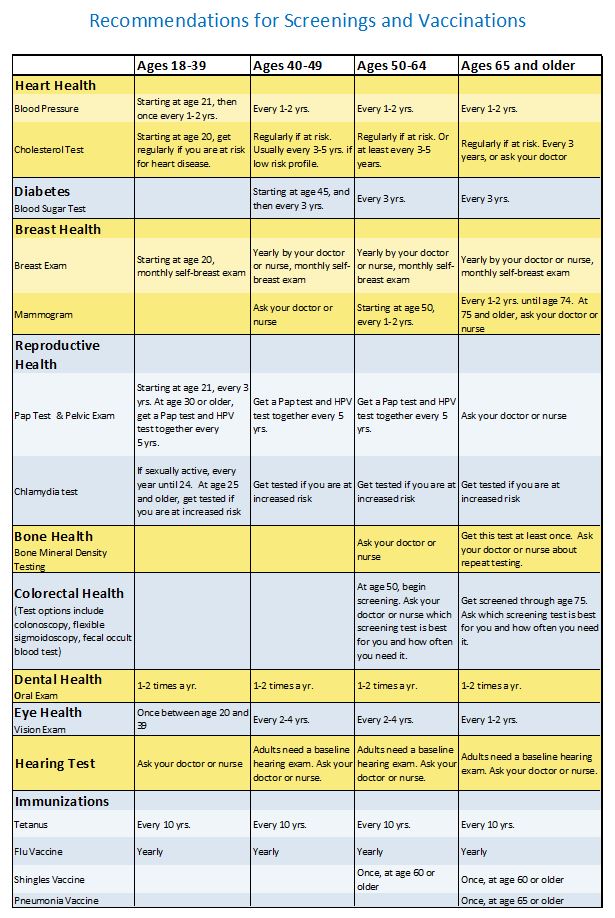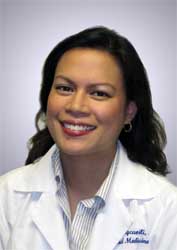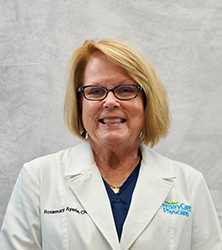 Low back pain is the leading cause of disability worldwide according to a recent study. I see a lot of back issues in my practice. It’s not surprising since our back is literally our body’s support system, made up or more than 30 bones, and hundreds of nerves, muscles and tendons. All of those moving parts mean our back can be vulnerable to problems or injury.
Low back pain is the leading cause of disability worldwide according to a recent study. I see a lot of back issues in my practice. It’s not surprising since our back is literally our body’s support system, made up or more than 30 bones, and hundreds of nerves, muscles and tendons. All of those moving parts mean our back can be vulnerable to problems or injury.
Some research says that eight in ten people will have acute or chronic low back pain at some point in their lives. But there’s a concern that some of these people are getting invasive procedures, or taking long- term strong medications to deal with back pain when conservative methods may be the right approach—and actually just as effective.
First, knowing the cause of an individual’s back pain is key. Did you lift something heavy? Injure it while exercising? Do you have osteoarthritis due to aging? Are you under stress? Or carrying extra weight? Do you sit at a desk most of the day? Many of these things can cause or trigger back issues. A general physical can often tell us the likely cause of back pain, but there are also MRIs and other tests to give us a clear picture of the problem.
Once we’ve ruled out serious injury, here are the first-course things I recommend to help manage most back pain:
- Chill it. If you’ve “pulled something” in you back or injured it playing a sport, ice is best in the first 24-48 hours to reduce inflammation. After that, you can switch to heat if you prefer. If pain persists or you feel tingling, numbness or weakness in your legs, talk to your doctor. It could be a disk problem that needs attention.
- Rest, but keep moving. Our spines are meant to move so keep up your daily activity as much as possible without causing too much pain. Don’t overdo it, lifting things, etc. but don’t baby your back either so that you lose mobility. Seeing a physical therapist for specific exercises may be suggested.
- Think about posture and ergonomics. Change your workspace so you don’t have to hunch forward to see your computer monitor. Use a desk chair with low back support, or even a stool that keeps your knees a bit higher than your hips to help your lower back. When standing or walking try to keep your head up, shoulders back and stomach pulled in as much as possible.
- Sleep position and support. For those with chronic back pain, a change in sleeping position or the right pillow can sometimes help. Talk with your doctor or a physical therapist for suggestions.
- Stay fit/Correct weight. Once your back pain has lessened, the best way to prevent its return is to strengthen the muscles that support the back- your “core”- and work on flexibility. Many like yoga for this. Staying near your ideal weight will also put less strain on your back, so try to lose extra pounds!
- Stretching & Lifting. Don’t sit slumped at your desk or in front of the TV for too long. Get up every 20 minutes or so and stretch your back and your legs. Also learn how to lift correctly, so you’re using your knees and body, not just your back. If you can, push rather than pull heavy objects. If your work requires lifting or pulling, wear a back brace.
- Keep in touch. Talk with your doctor about OTC or prescription medications that are best for back pain. If your back pain persists, you can discuss other treatments, including injections, therapy or surgical options.
 Dr. Bringman is a Maryland Primary Care Physicians, LLC partner and is certified by the American Board of Family Medicine. She received her medical degree from University of Maryland School of Medicine in 1994 and completed her residency program in Family Practice at Franklin Square Hospital Center in 1997.
Dr. Bringman is a Maryland Primary Care Physicians, LLC partner and is certified by the American Board of Family Medicine. She received her medical degree from University of Maryland School of Medicine in 1994 and completed her residency program in Family Practice at Franklin Square Hospital Center in 1997.
 Dr. Agcaoili is a Maryland Primary Care Physicians, LLC partner and is certified by the American Board of Internal Medicine. She received her medical degree from the University of Pittsburgh School of Medicine in 2007 and completed her residency program in Internal Medicine at the University of Maryland Medical Center in 2010.
Dr. Agcaoili is a Maryland Primary Care Physicians, LLC partner and is certified by the American Board of Internal Medicine. She received her medical degree from the University of Pittsburgh School of Medicine in 2007 and completed her residency program in Internal Medicine at the University of Maryland Medical Center in 2010. Rosemary Ayerle, Certified Registered Nurse Practitioner, joined Maryland Primary Care Physicians, LLC in 1997. She received her Bachelor of Science in Nursing degree in 1982 and her Master of Science in Nursing degree from the University Of Maryland School of Nursing in 1989. Ms. Ayerle is board certified by the American Nurses Credentialing Center in Adult Practice.
Rosemary Ayerle, Certified Registered Nurse Practitioner, joined Maryland Primary Care Physicians, LLC in 1997. She received her Bachelor of Science in Nursing degree in 1982 and her Master of Science in Nursing degree from the University Of Maryland School of Nursing in 1989. Ms. Ayerle is board certified by the American Nurses Credentialing Center in Adult Practice.



